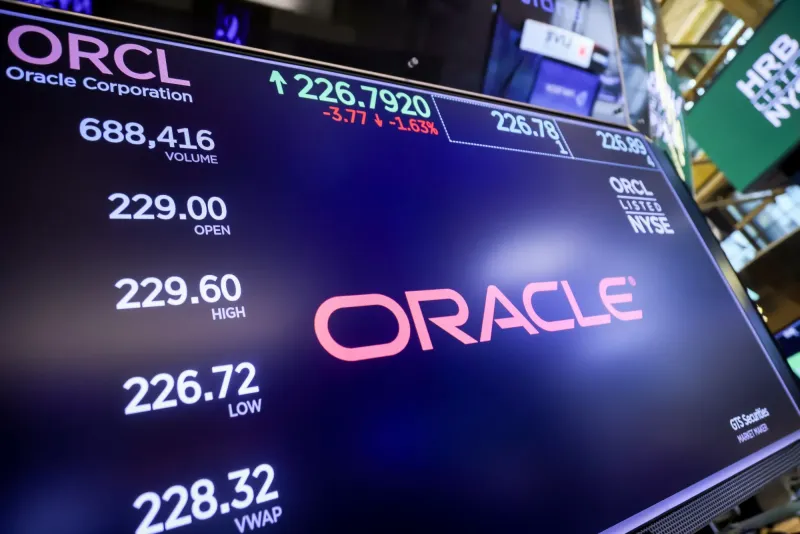The rapid pace of technological evolution presents immense opportunities—and equally significant risks—for economies worldwide. In Nigeria, the call for legal frameworks that support responsible technological advancement has never been more urgent. This message was underscored by the former Central Bank of Nigeria (CBN) governor, represented by Alhaji Mahe Wali, at the 19th Annual International Business Law Conference of the Nigerian Bar Association, Section on Business Law (NBA-SBL). His speech emphasized the vital need for collaborative regulation to guide Nigeria through this transformative era. Addressing these challenges in silos, he argued, is no longer viable. The nature of modern innovation demands that legal professionals, business leaders, and tech experts converge to shape legislation that both encourages growth and enforces accountability. Without such coordination, laws become reactive rather than strategic, leaving room for ethical breaches, unchecked data exploitation, and technological misuse.

Read Also: Uphorial Sweatshirt

A central theme in the address was the necessity of updating laws governing Artificial Intelligence (AI), data privacy, and digital commerce. Current legal structures are often outdated and lack the flexibility needed to accommodate emerging realities. As Nigeria pushes toward becoming a global tech hub, there's an imperative to align its legal systems with international best practices. This is especially relevant given that many local fintech startups operate on platforms regulated outside the country. Without synchronized regulatory systems, these companies face vulnerabilities that could undermine user trust and compliance integrity. The concept of the "delusion of digital insulation" is particularly poignant. Nigerian startups may be built locally but are inherently part of a global network. From cloud services to payment gateways, many foundational components of their operations lie beyond national jurisdiction. Therefore, a modern legal framework must anticipate this global interdependence—harmonizing international standards with the nuances of Nigeria’s socioeconomic fabric. Equally critical is the moral and social dimension of legal reform in technology. As AI and automation continue to shape the labor market and societal interactions, there's a real danger of deepening inequality if policies do not intentionally ensure inclusivity. From rural communities lacking digital infrastructure to small businesses struggling with tech adoption, the legal system has a responsibility to help bridge the digital divide.
Moreover, the rise of AI presents complex ethical challenges, from algorithmic bias to opaque decision-making. The former CBN governor's speech highlighted the importance of embedding ethical principles into the design and deployment of AI technologies. Laws must enforce transparency, demand fairness, and guarantee accountability from tech providers. Without these protections, algorithms could silently reinforce discrimination or exclude vulnerable populations from essential services.
One of the most compelling takeaways from the speech was the reminder that while technology can analyze data and automate decisions, it cannot determine justice, compassion, or humanity. That duty falls on people—especially legal professionals. As Nigeria develops its next generation of legal minds, there must be an intentional focus on technical literacy and ethical reasoning. Lawyers must be equipped not just to interpret laws but to shape them in ways that prioritize dignity, fairness, and national interest in a fast-changing world. In conclusion, building legal frameworks for responsible technological advancement is not just about regulation—it is about nation-building. It is about empowering innovation while defending public interest, stimulating economic growth while protecting human rights. The road ahead demands synergy, foresight, and bold reform. By bringing stakeholders together and aligning with global standards, Nigeria can create a legal environment where technology thrives—responsibly.



